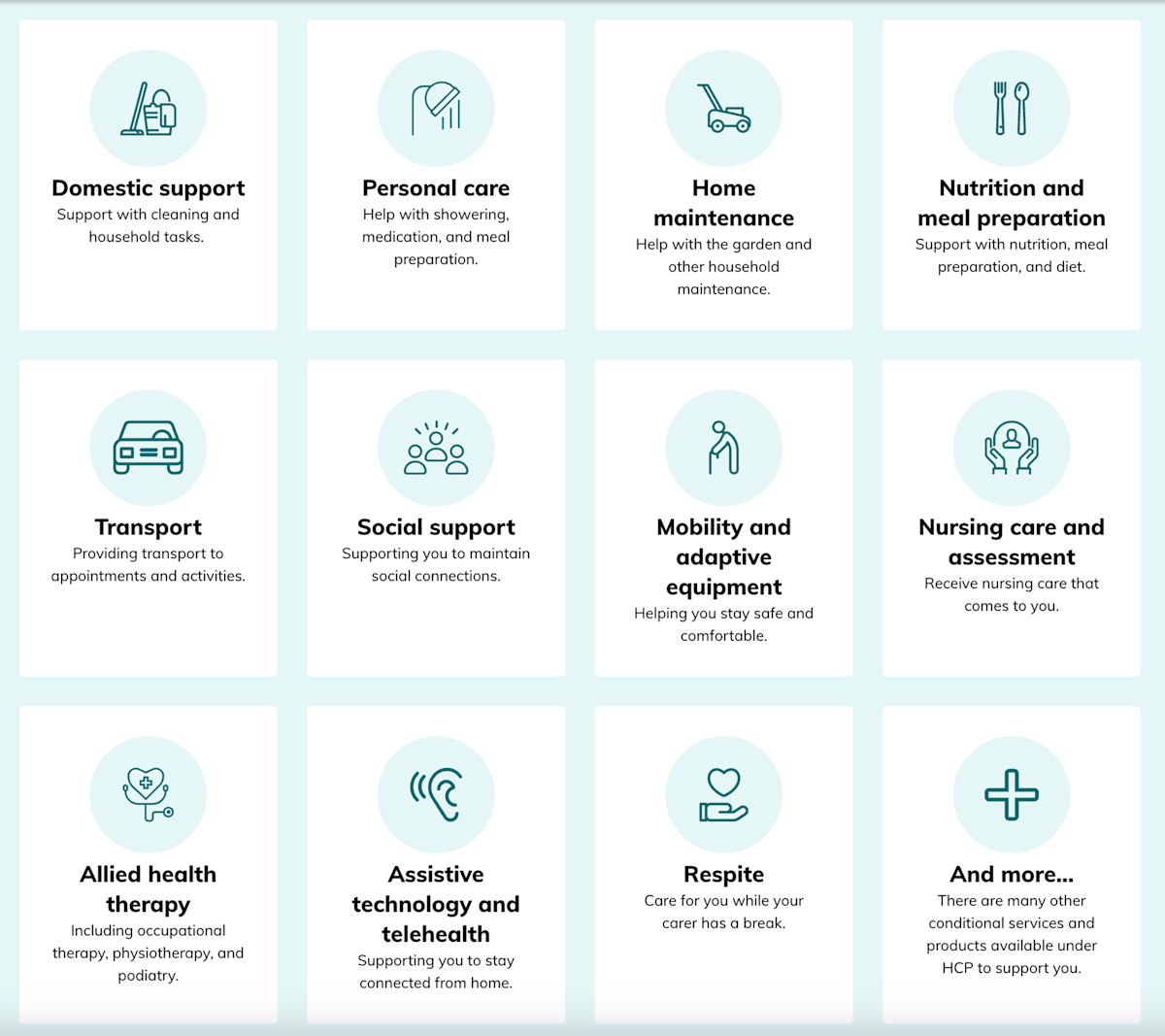Top 7 questions to ask when evaluating home care providers for disability services
Top 7 questions to ask when evaluating home care providers for disability services
Blog Article
Everything About Home Care Providers for Individuals With Disabilities: NDIS Registered Support
Home treatment services under the NDIS play a crucial function in supporting people with specials needs. These services are developed to enhance daily living via customized help, varying from personal treatment to flexibility support. Comprehending just how to navigate these choices can be complicated. This review checks out the different facets of NDIS home treatment, from offered services to the option of companies, highlighting crucial considerations for those seeking assistance. The journey towards empowered care starts here.
Understanding the NDIS and Its Function
The National Disability Insurance Policy System (NDIS) functions as a transformative framework created to provide support and solutions for individuals with disabilities. Developed to enhance the quality of life and guarantee equitable accessibility to important sources, the NDIS equips participants by providing individualized plans tailored to their one-of-a-kind requirements. It aims to cultivate independence, allowing individuals to pursue their personal goals and aspirations.Through a structured approach, the NDIS assigns funding for various assistances, including education and learning, employment assistance, and area involvement. This all-inclusive scheme not only concentrates on immediate treatment however likewise emphasizes lasting developmental outcomes. By promoting selection and control, the NDIS encourages individuals to choose their favored provider, ensuring that care straightens with their worths and choices. Ultimately, the NDIS stands for a considerable commitment to enhancing the lives of people with specials needs, promoting inclusivity, and constructing a more supportive culture.
Types of Home Care Provider Available
Different types of home care services provide to people with disabilities, mostly concentrating on personal treatment support and break care options. Personal treatment help offers essential assistance with everyday tasks, while respite care offers short-lived relief for key caretakers. Recognizing these services is essential for guaranteeing the well-being of both individuals with handicaps and their families.
Personal Treatment Support
While navigating every day life can provide challenges for individuals with impairments, personal treatment support offers important support customized to their distinct requirements. This kind of home care service incorporates a variety of activities designed to promote self-reliance and boost top quality of life. Individual care aides help with everyday jobs such as showering, dressing, grooming, and toileting, ensuring people maintain individual hygiene and convenience. They may also aid with dish prep work, medication management, and movement support. By giving customized care, these experts equip individuals to involve more totally in their day-to-day routines and social tasks. On the whole, individual care help plays a considerable function in promoting self-respect and freedom for those with handicaps, permitting them to thrive in their home setting.

Respite Care Options
Break treatment functions as a necessary resource for family members and caregivers of individuals with disabilities, giving momentary relief from the demands of day-to-day caregiving. This kind of solution can take numerous kinds, including at home respite care, where qualified experts check out the home to aid with care tasks. Family members may choose for facility-based reprieve treatment, where individuals receive care in a specific environment, permitting caretakers to take a break. In addition, some organizations offer emergency situation break services for unforeseen circumstances. These options not just assist alleviate caregiver stress yet likewise advertise the health of people with specials needs by using them brand-new experiences and social communication. In general, break treatment plays an essential function in sustaining both caretakers and those they care for.

Just How to Gain Access To NDIS Home Care Providers
Accessing NDIS home care services includes comprehending the qualification standards stated by the National Disability Insurance Policy System. People have to navigate an organized application process to safeguard the required support tailored to their needs. This area will certainly clear up both the eligibility needs and the steps included in looking for services.
Qualification Criteria Clarified
To receive NDIS home treatment solutions, individuals must fulfill particular eligibility requirements that assess their circumstances and demands. Initially, candidates need to be matured between 7 and 65 years and have a significant and long-term disability that affects their ability to perform daily activities. Additionally, they should be an Australian person, a permanent local, or hold a Protected Special Category Visa. The NDIS requires proof of the disability, usually with medical assessments or records. Additionally, people should show that they require assistance to join social and economic life. These criteria assure that services are routed in the direction of those that genuinely need support, advertising independence and enhanced lifestyle for individuals with disabilities.
Application Process Steps
Can I Select My Own Assistance Workers With NDIS?
The individual asked whether they could pick their own assistance employees under the NDIS structure. Usually, participants have the flexibility to select assistance workers, cultivating individualized care that aligns with their particular demands and preferences.
What Happens if My Needs Modification After Receiving Assistance?
If an individual's demands change after receiving assistance, they need to communicate these changes to their company. Modifications can be made to the treatment plan, ensuring that the support remains relevant and reliable for their situations.

Are There Restricts on The Number Of Hours of Care I Can Receive?
The individual inquired concerning potential limitations on the number of treatment hours got. Usually, such limitations might exist based upon details plans or funding plans, stressing the value of examining guidelines and agreements regularly.
Can I Utilize NDIS Financing for Home Alterations?
The inquiry of making use of funding for home adjustments develops frequently. Generally, people may make use of NDIS financing for necessary adjustments to their homes, making sure availability and safety, set upon conference particular eligibility standards and standards.
How Do I Take care of Problems Concerning My Home Care Services?
To attend to complaints about home care services, people need to initially record their problems. After that, they can communicate directly with their company, looking for resolution, or escalate the concern to relevant oversight bodies if required. Home treatment services under the NDIS play a crucial role in supporting individuals with disabilities. Different types of home care solutions cater to individuals with disabilities, mainly focusing on personal care aid and respite care options. home care providers. Personal care support supplies vital support with daily activities, while break treatment supplies momentary relief for key caregivers. Households may choose for facility-based respite care, where individuals receive care in a specialized setting, allowing caretakers to take a break. Just how can family members successfully take care of the economic elements of home care services for individuals with specials needs?
Report this page